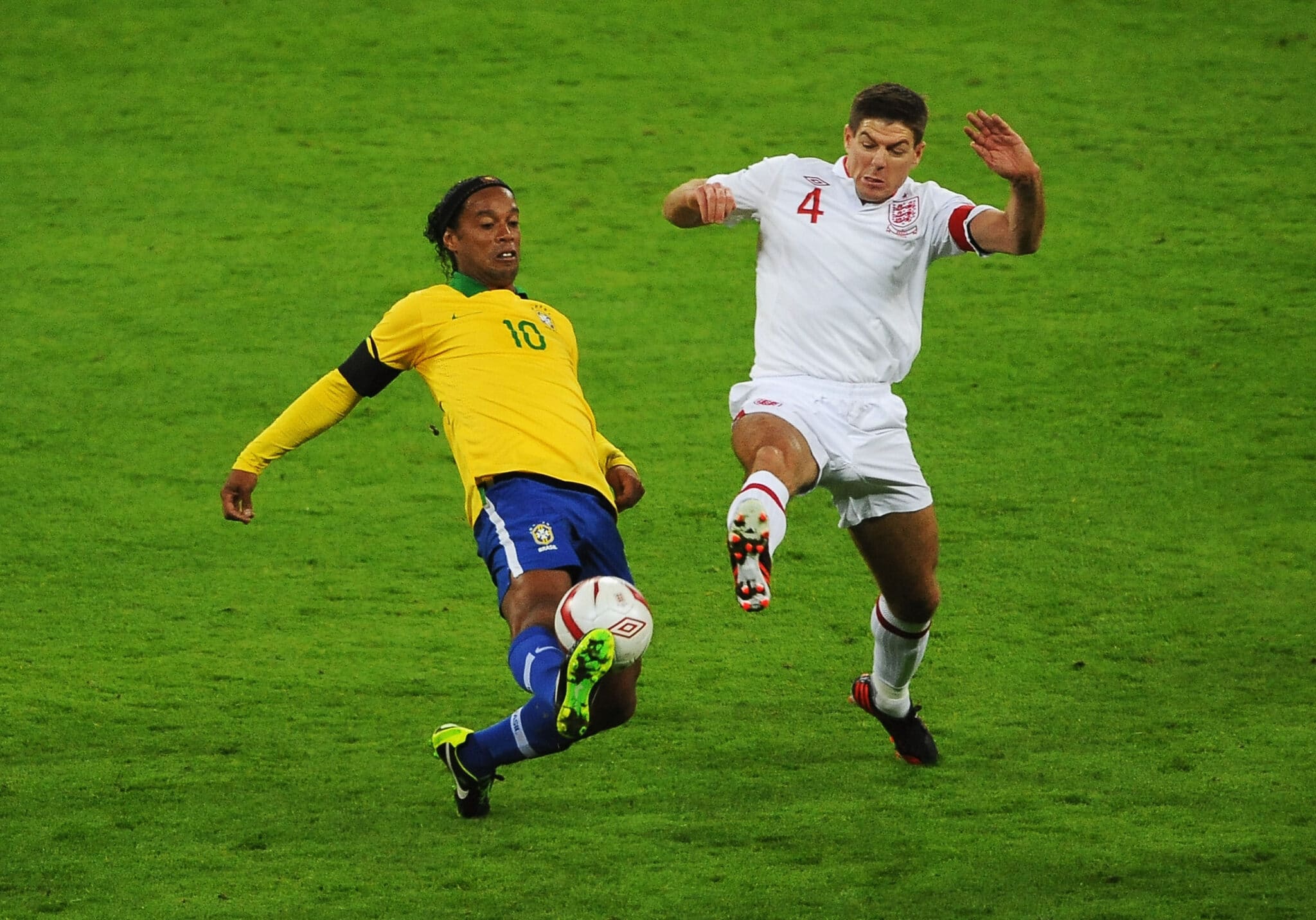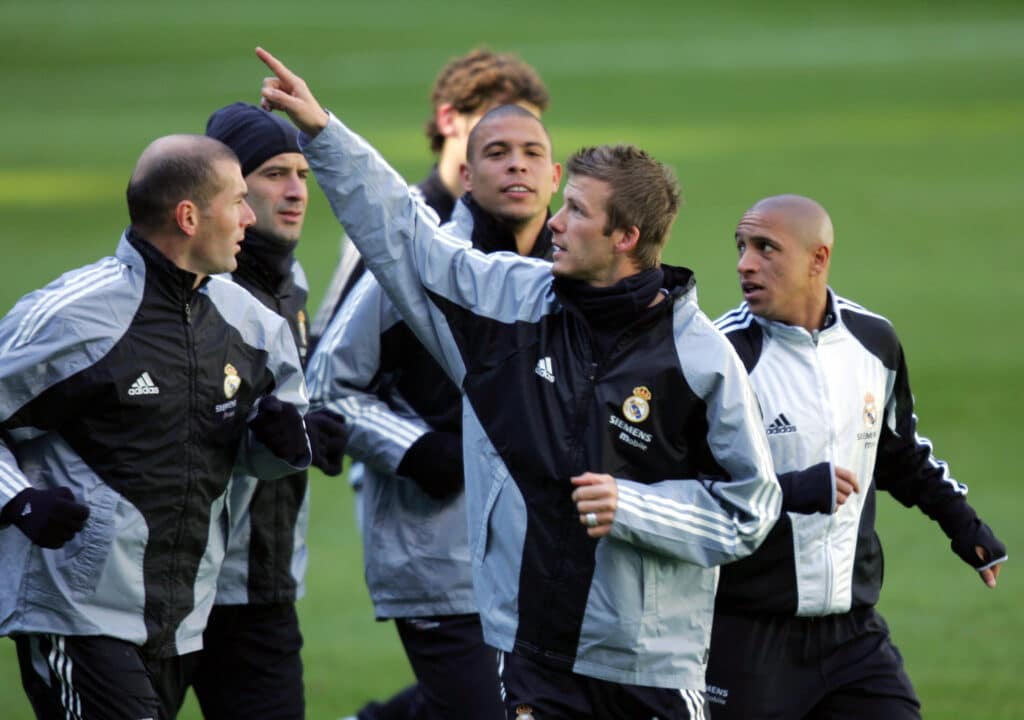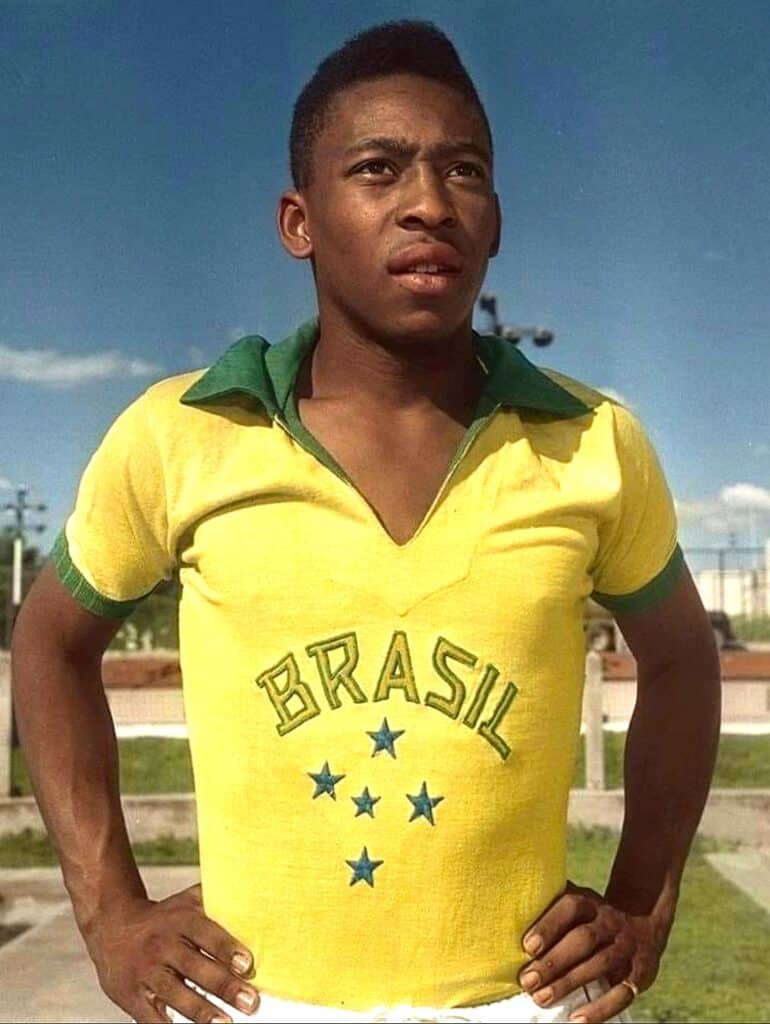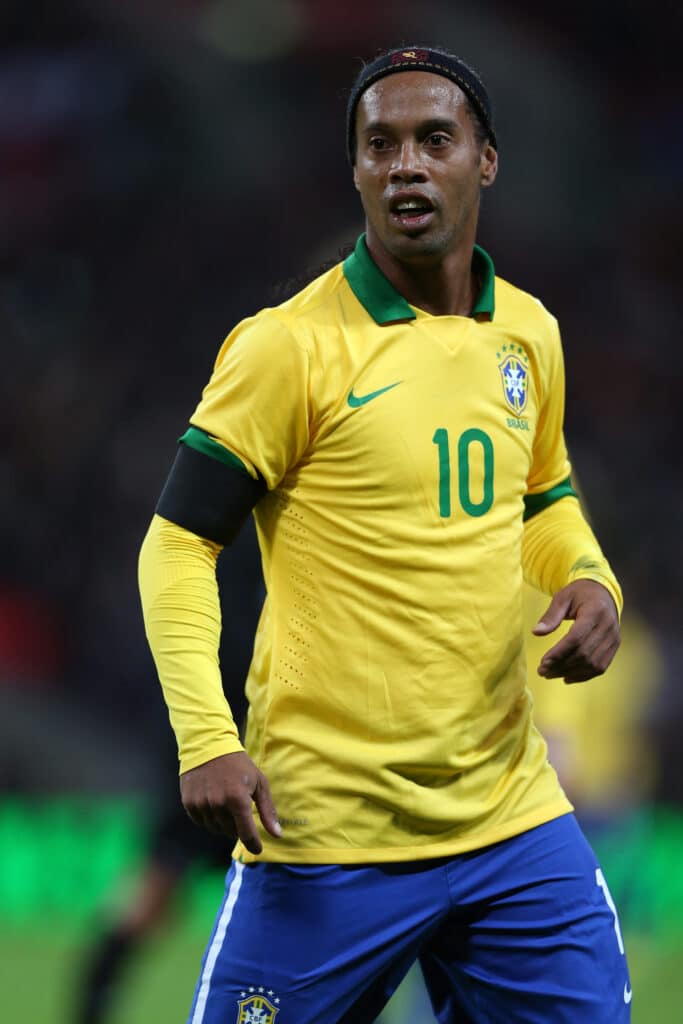The fascinating history of the English and Brazilian relationship in football

By Nicky Helfgott / @NickyH3lfgott on Twitter
As England and Brazil shape up to face one another at Wembley on Saturday evening for the first time in seven years, it’s a good time to reflect on the historic relationship between the two international sides. England and Brazil have enjoyed a close relationship since the formation of the beautiful game. Bar English players, Brazilian players are the most represented in the Premier League this season, with 33, and over 100 have featured in the competition. Only one English player, Sean Burkett, has played in Brazil but nonetheless, the footballing relationship between the two sides has always been intertwined.
From the cobblestone streets of 19th-century England to the samba-fuelled stadiums of modern-day Brazil, the relationship between these two footballing powerhouses has been nothing short of electrifying. Let’s kick off this journey at the roots of football itself, where the seeds of rivalry were sown.

In England, amidst the industrial revolution, football emerged as a beloved pastime. As workers sought solace from the grind of factory life, makeshift pitches became the battlegrounds where communities rallied behind their local teams. Meanwhile, across the Atlantic, Brazil was developing its own unique brand of flair and skill, blending indigenous jogo bonito with European influence. Despite the geographical distance, the passion for the game united these two nations in spirit.
Fast forward to 1914, to one of the most unique stories in football. Exeter City FC embarked on a historic tour of South America where they faced Brazilian and Argentinian teams. One of their matches brought together the best players from Sao Paulo and Rio de Janeiro, through the newly formed Federação Brazileira de Sports (Brazilian Sports Federation) which then became Brazil’s national team. Therefore, Brazil’s first-ever match was against Exeter City. The English visitors, although having won their other tour matches, were surprised by the flair and talent of this Brazilian side. Brazil won 2-0. Despite Exeter’s valiant effort, Brazil’s emerging dominance left a lasting impression, setting the stage for future encounters between the two nations.
More than a century later, Exeter City proudly commemorates its role in the genesis of the Brazil national team. At its home stadium, St James Park in Exeter, the Britons have unfurled the flags of Brazil, symbolising the historic encounter. From the stands, the Exeter fans below:
“Have you ever, have you ever
Have you ever played Brazil?
Have you ever played Brazil?”
To which no team in the English football league can respond truthfully yes…

Fast-forwarding another 56 years to the scorching heat of Mexico, we arrive at the 1970 World Cup, one of football’s greatest spectacles. England and Brazil collided in a fierce battle that showcased the contrasting styles of the two nations. England’s disciplined approach clashed with Brazil’s fluidity and creativity, as the likes of Pelé, Jairzinho, and Bobby Moore graced the pitch with their brilliance. In a match filled with drama and intensity, Brazil’s artistry narrowly prevailed, as they won 1-0 and then went on to win the tournament. In this match, Gordon Banks, England’s goalkeeper, made one of the most famous saves of all time. Pele headed the ball with such poise and power that the stadium started to cheer, yet Banks dived with cat-like reflexes to his right and pushed the ball out of harm’s way. Incredible. The match became a defining moment in the rivalry, cementing Brazil’s status as a footballing superpower.
Gordon Banks in 1970 against Pelè in Fifa World Cup
— Sport in History (@SportinHistory) June 7, 2021–
pic.twitter.com/Tm2EeJApwD
Over the decades, there have been plenty of iconic clashes. England and Brazil have showcased their footballing prowess on the grandest stages. The most prominent was in the quarterfinal match of the 2002 FIFA World Cup held in South Korea. England took an early lead with a goal from Michael Owen, igniting hopes of victory. However, Brazil’s resilience proved formidable. In a moment of sheer brilliance, Ronaldinho stunned the world with an audacious long-range free-kick, catching England’s goalkeeper David Seaman off guard and leveling the score. Despite England’s valiant effort, Brazil ultimately emerged victorious, with a goal from Rivaldo securing their place in the semifinals. Ronaldinho’s unforgettable strike became emblematic of Brazil’s flair and skill, leaving an indelible mark on the tournament’s history.

The head-to-head record reflects the ebb and flow of this riveting rivalry, although it is slightly tilted in Brazil’s favour. The sides have faced off 27 times, and England have only won four of these. Brazil have won 11 and the other 11 have ended in a draw. This Saturday, England have a great chance to grab their fifth win as they have their best squad in a long time. Harry Kane is on fire, as is Jude Bellingham. They have several world-class players in the team. If there was ever a great chance, it is now.
Yet amidst all the fierce competition, legendary duos have emerged, transcending borders and uniting footballing cultures. From Pelé and Bobby Moore to Ronaldo and Beckham to now Vinicius Jr and Bellingham, these partnerships have epitomised the spirit of camaraderie amidst rivalry. Their exploits on the pitch not only captivated audiences but also inspired future generations of players to strive for greatness, embodying the essence of sportsmanship and mutual admiration.
As the final whistle blows on this exhilarating journey through the history of English and Brazilian football, one thing remains abundantly clear: this rivalry is not just about goals and glory; it’s about passion, tradition, and the timeless pursuit of excellence.
Keep up with all the latest international football scores and news on the 365Scores website and app!



